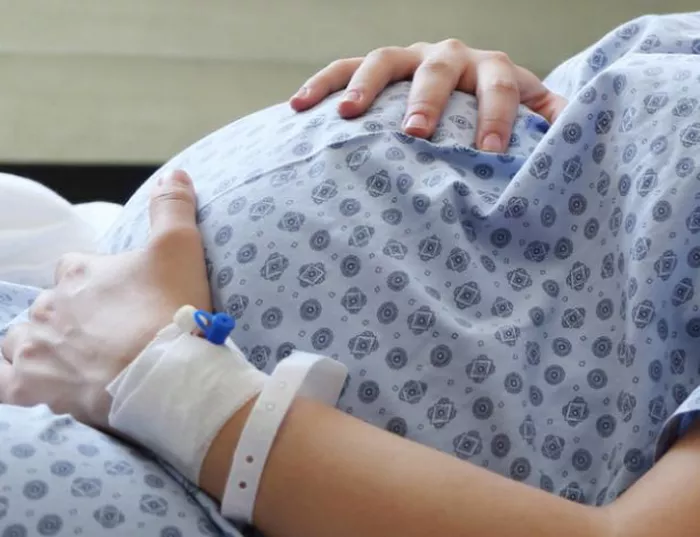A newborn baby boy died at Christchurch Woman’s Hospital after a delay in performing a necessary caesarean section, according to a recent finding by Deputy Health and Disability Commissioner Rose Wall. The incident occurred in 2018 when the mother, admitted for induction of labor, experienced prolonged efforts at natural birth over several days. Despite her high-risk pregnancy due to factors such as advanced maternal age and IVF, the decision to proceed with a C-section was delayed until late evening on the fourth day of her admission.
Following the decision, further delays ensued as the operating theatre needed to be prepared and another urgent case took priority. When the procedure finally commenced, complications arose during the delivery, and the newborn was born in a critical condition described as “pale and floppy.” He required immediate CPR and was transferred to the neonatal unit, where he was diagnosed with a brain injury due to oxygen deprivation. Tragically, he passed away seven days later in the neonatal ICU.
Deputy Commissioner Rose Wall criticized Health NZ, stating that there were significant failings in multiple aspects of care, particularly in the delay in diagnosing the need for a C-section and the subsequent delays in commencing the operation. She emphasized that given the circumstances, a more conservative approach should have been taken earlier.
In response to the incident, Health NZ conducted a serious event review and implemented several reforms. These include the development of improved communication tools between midwifery and obstetrics units, reviews of hospital staffing and C-section guidelines, and plans to open a second operating theatre in the birthing suite. Health NZ expressed condolences to the family and assured the public that steps have been taken to prevent similar incidents in the future.
The Deputy Commissioner’s report highlighted systemic issues within the hospital, citing inadequate staffing and procedural deficiencies in handling serious medical situations. Despite acknowledging resource constraints, Wall stressed that the mother should have received care of a higher standard.
In light of these findings, Health NZ has made significant changes, particularly in staffing within the Obstetrics and Gynaecology Department, to ensure improved patient care standards are upheld.


